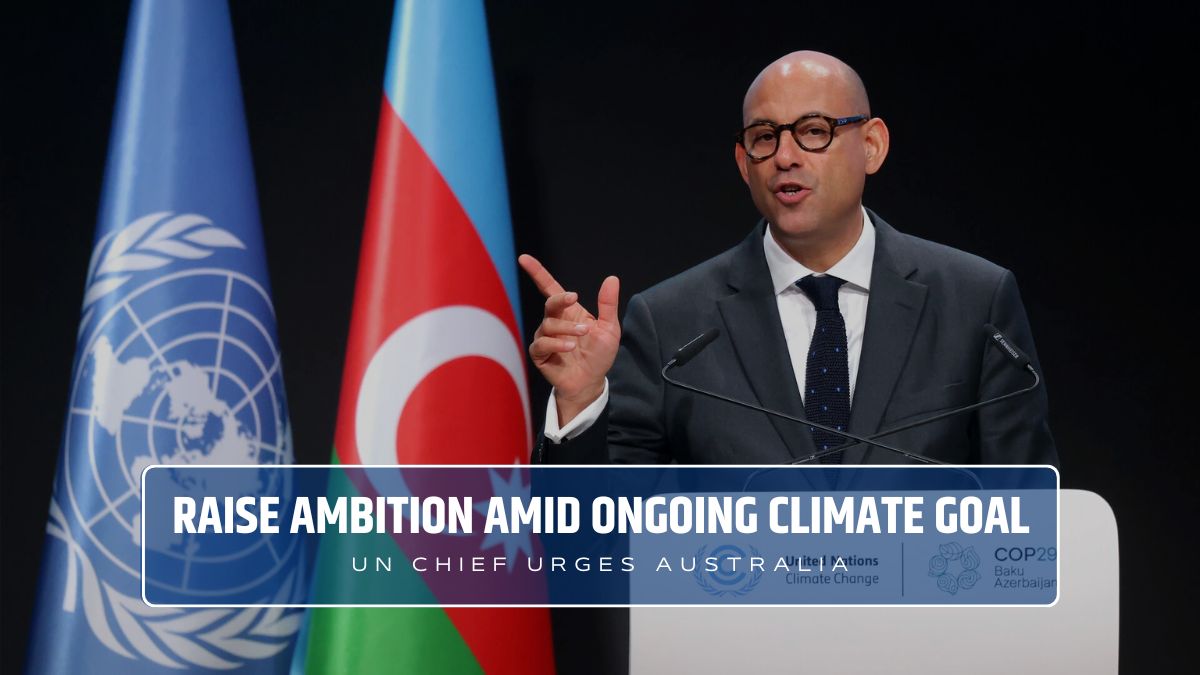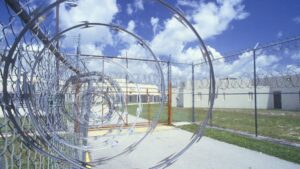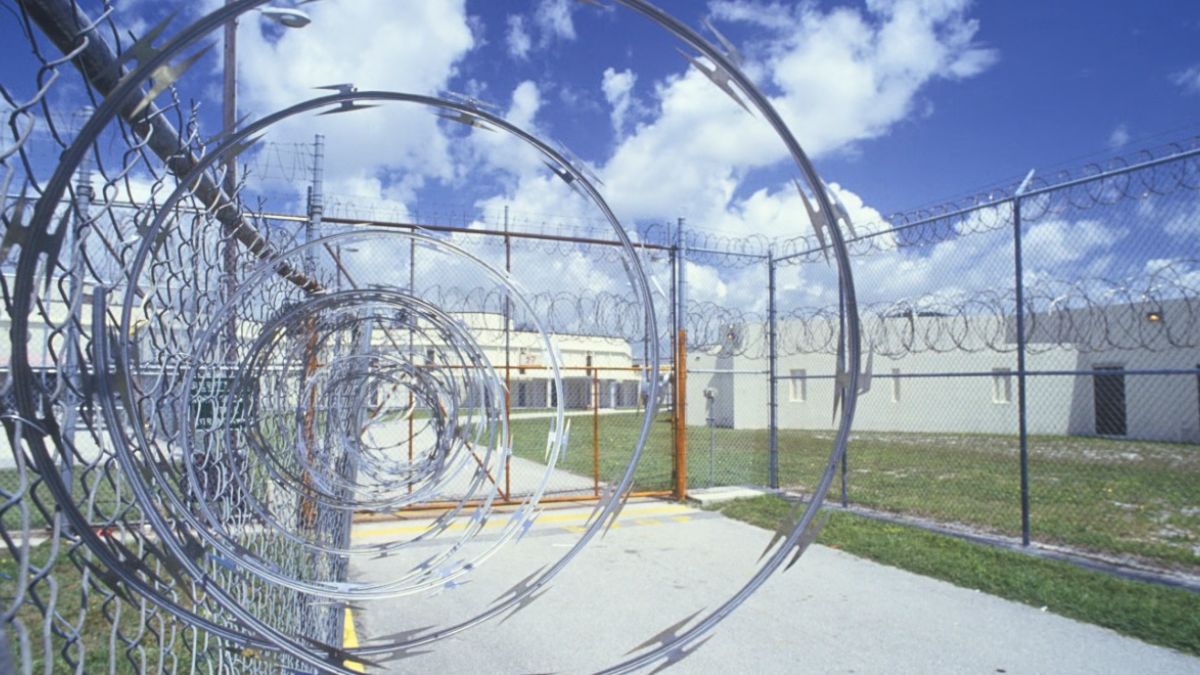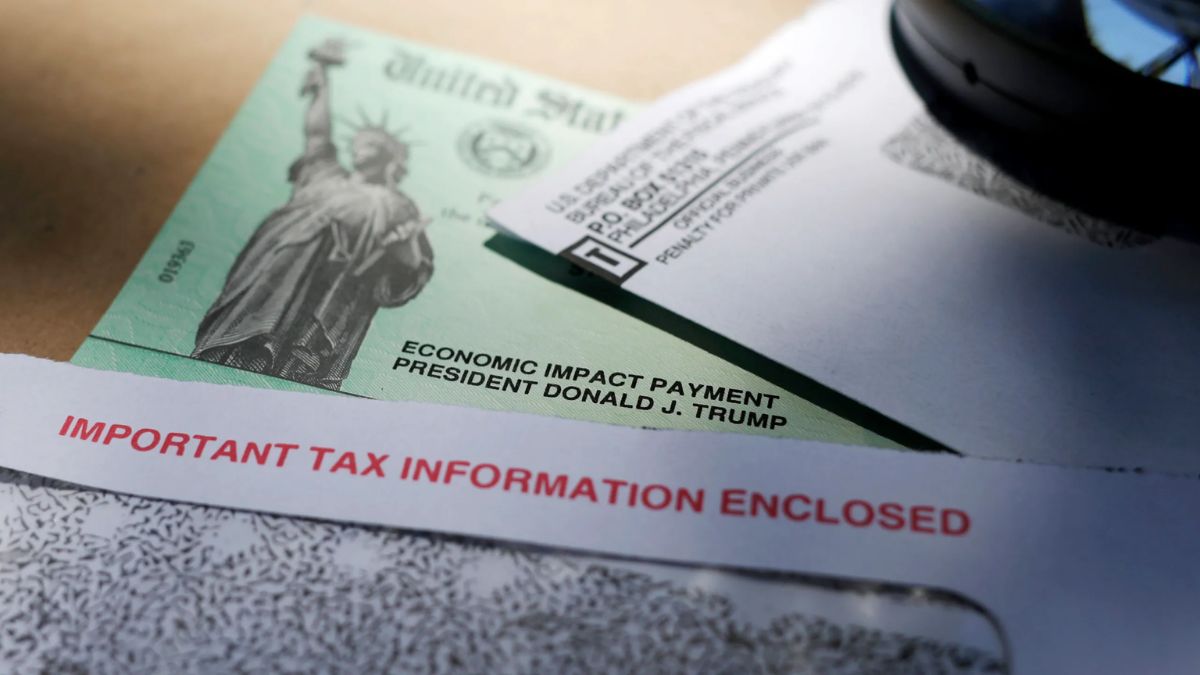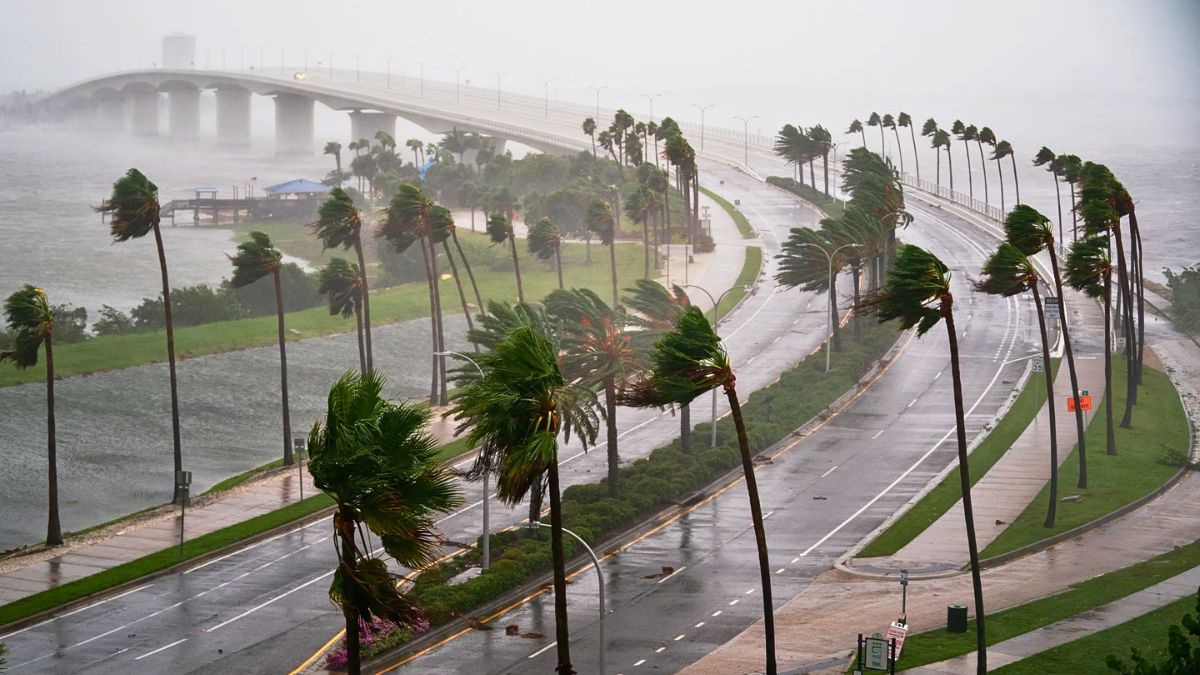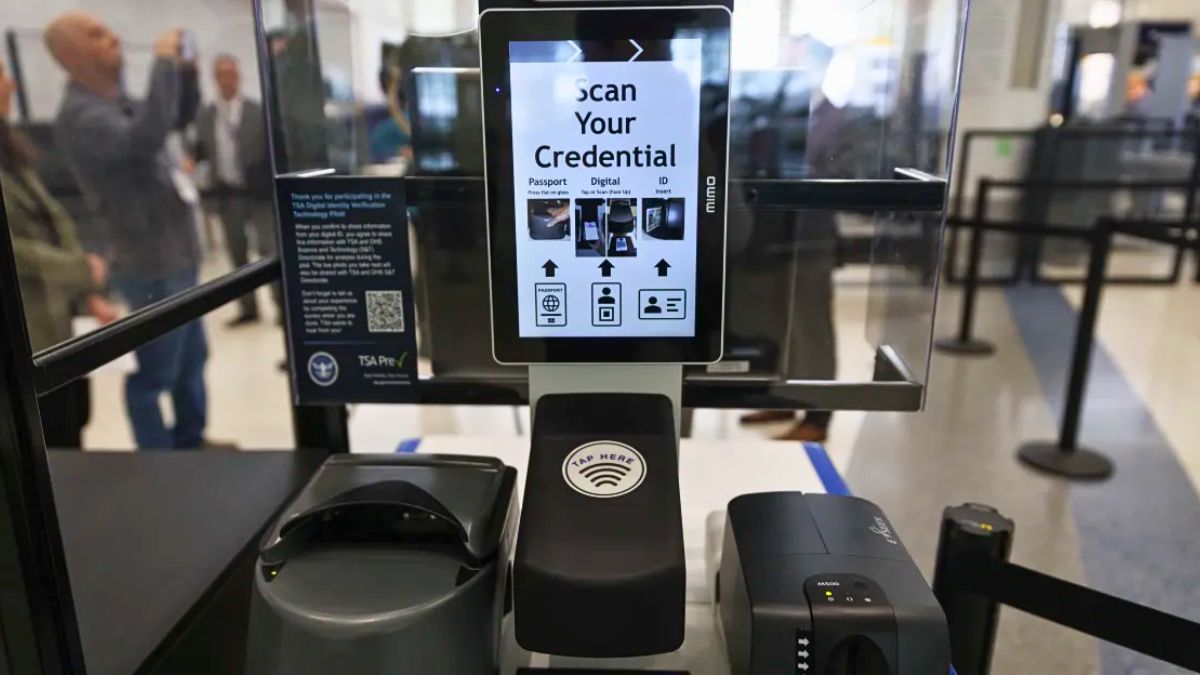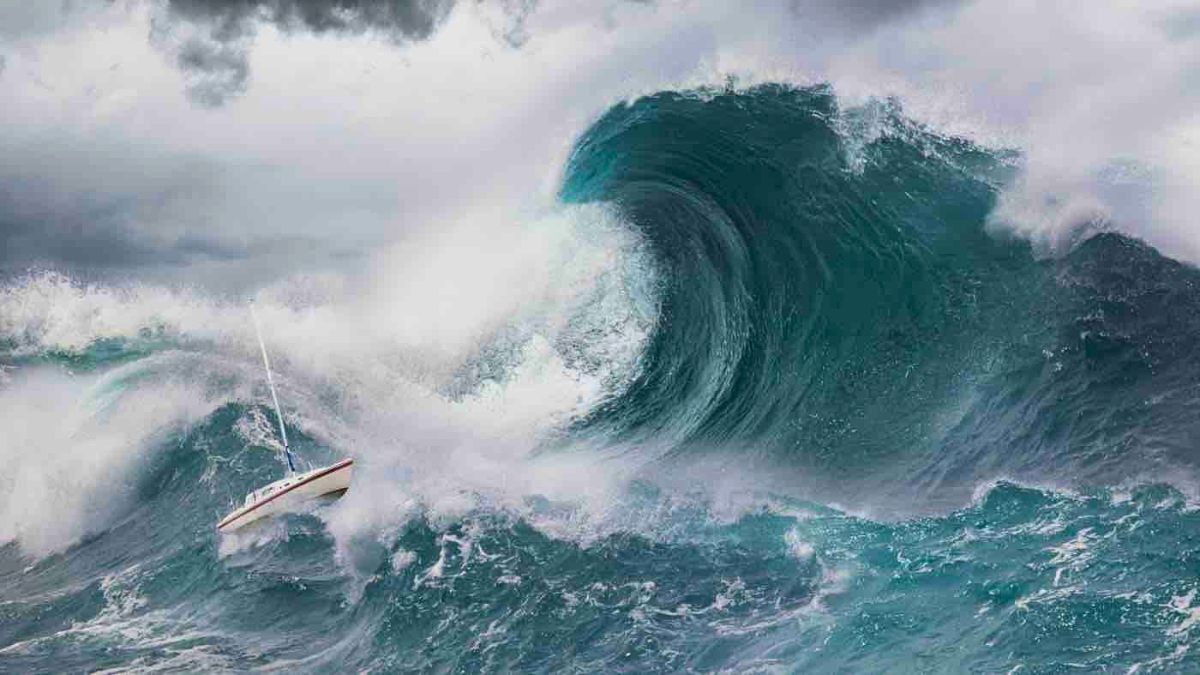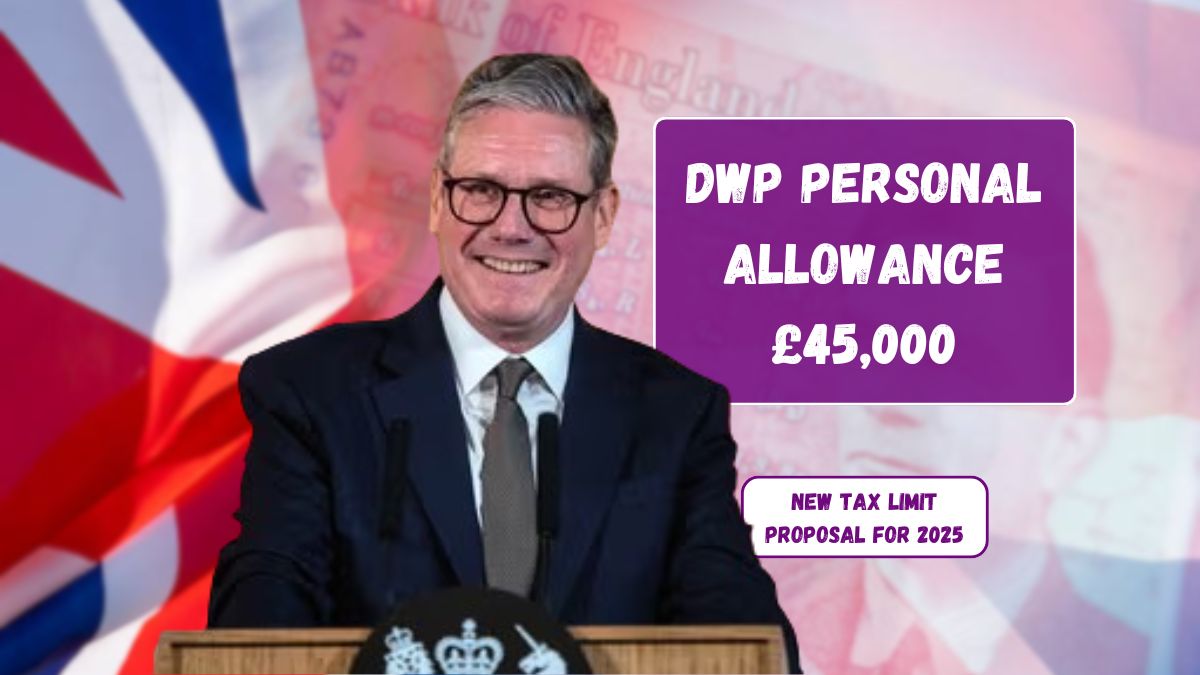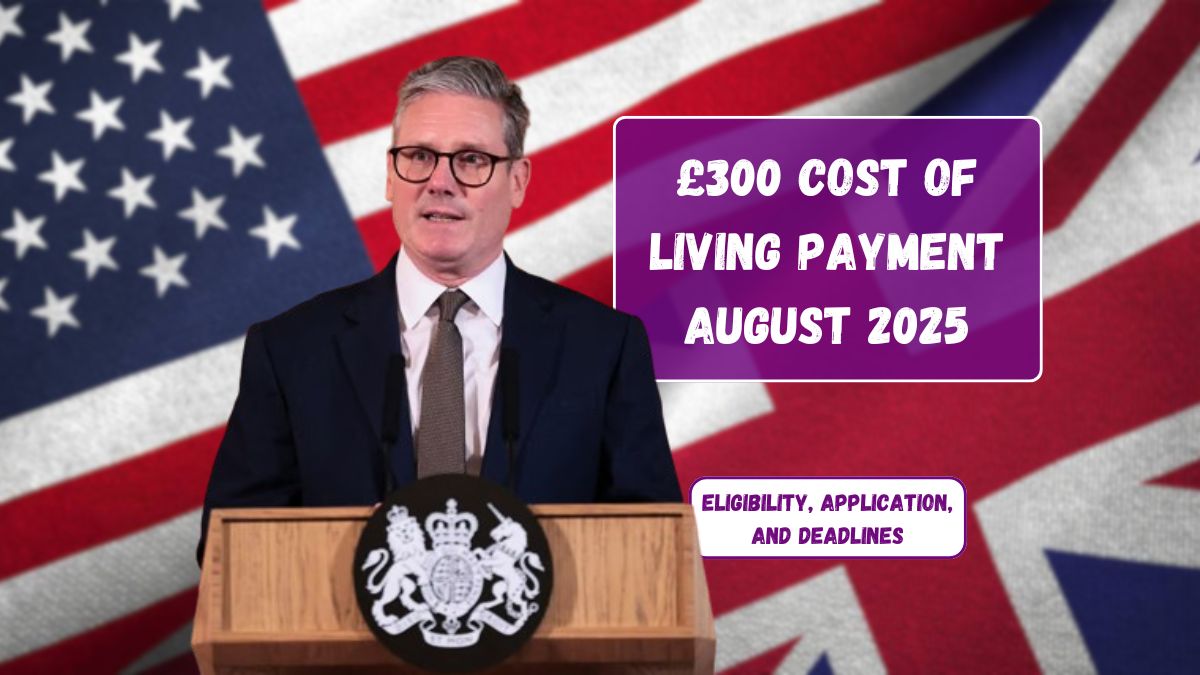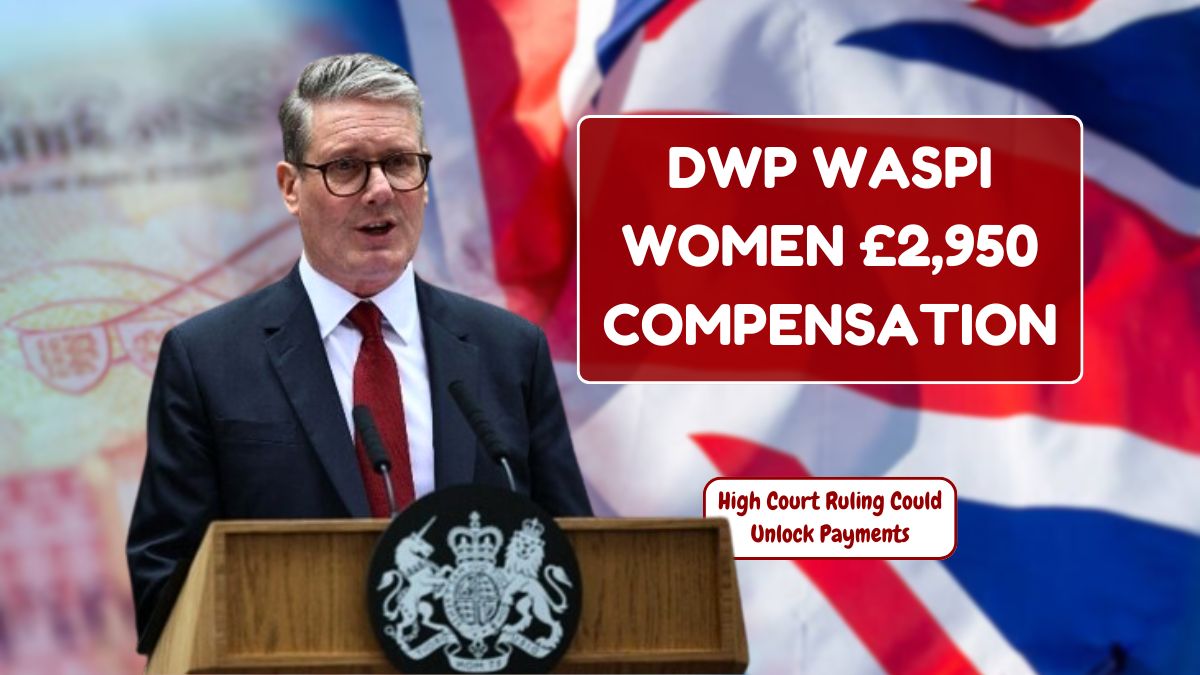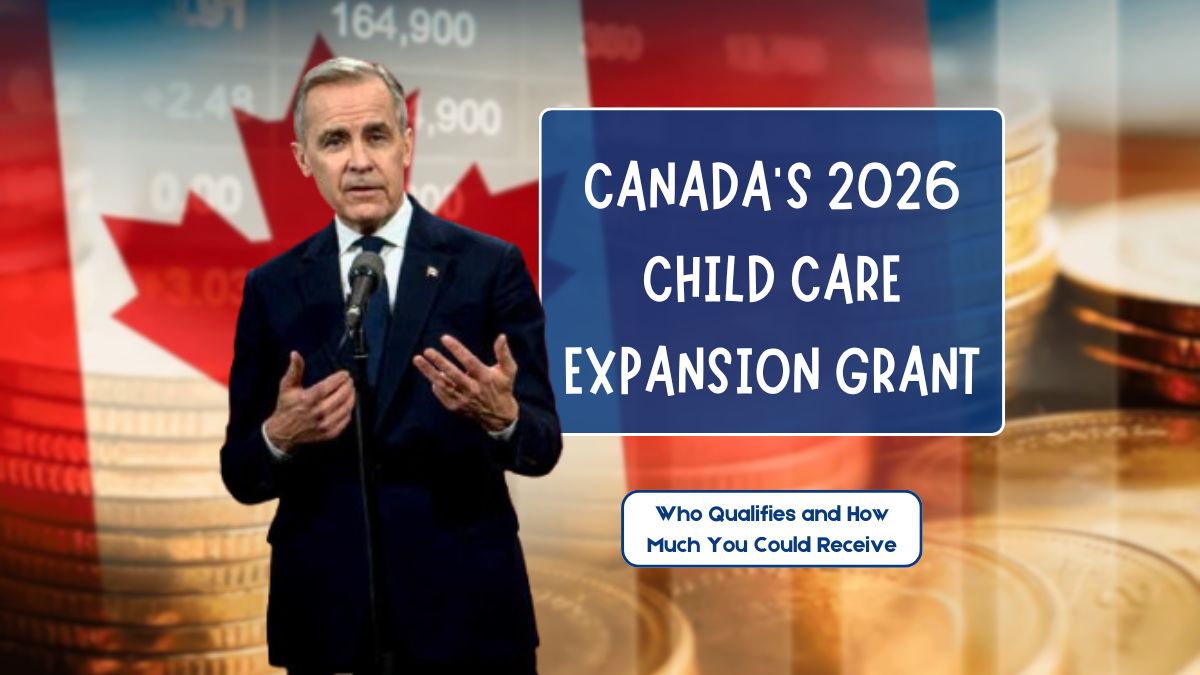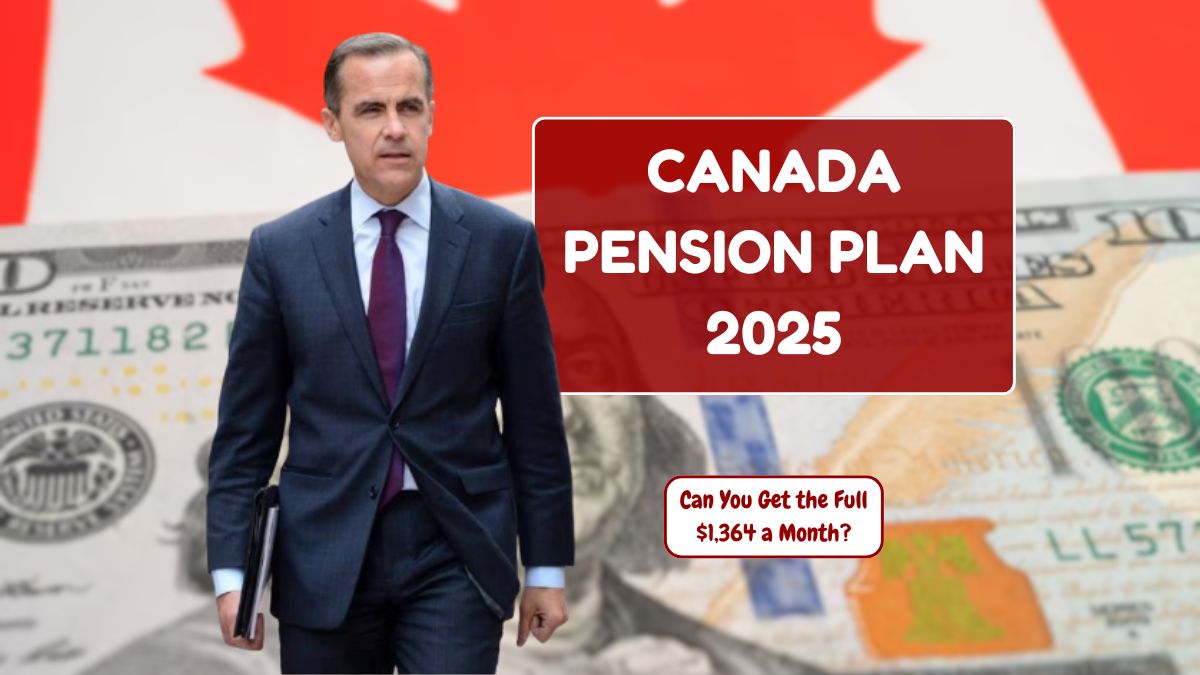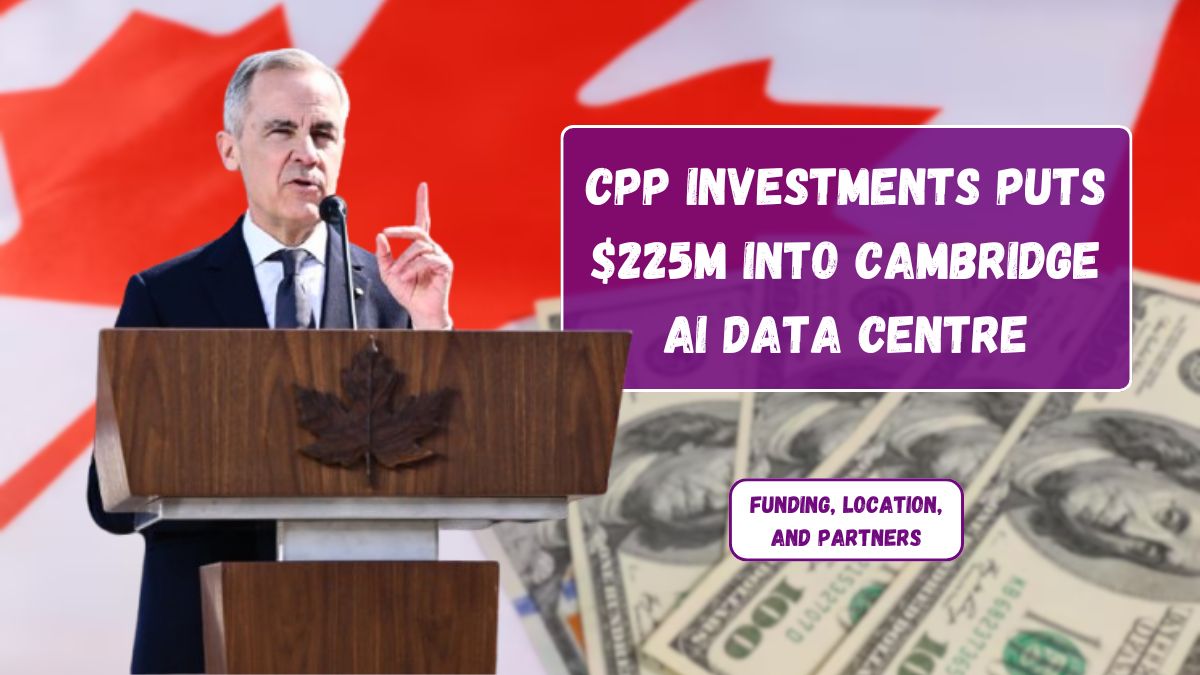Australia is once again at the center of global climate attention after the United Nations’ top climate official, Simon Stiell, called on the country to pursue more ambitious emissions goals. As political debate rages in parliament over net zero targets and new legislation, Stiell issued a clear message: Australia is capable of more—and has a lot to gain by stepping up.
Urgency
Speaking at an event hosted by the Smart Energy Council, Stiell described Australia’s current path as “bog standard” and challenged the nation to “go big.” He argued that the economic opportunity of ambitious climate leadership is “colossal,” and failure to act boldly could jeopardize not only Australia’s economy but also regional stability and the wellbeing of future generations.
The remarks come as the country prepares to set its next major climate milestone: a new 2035 emissions target. That target is expected in September and will serve as Australia’s next Nationally Determined Contribution (NDC) under the Paris Agreement. Stiell called this moment “defining” for Australia’s climate future.
Targets
Currently, Australia has pledged to cut emissions by 43% by 2030, relative to 2005 levels. While that’s a significant commitment, critics argue it’s not enough for one of the world’s highest per capita polluters. The country also remains heavily reliant on fossil fuels, especially coal and gas.
At the same time, former Deputy Prime Minister Barnaby Joyce, known for his climate skepticism, introduced a bill in parliament seeking to overturn Australia’s net zero by 2050 target. He claimed the policy would have “absolutely no effect on the climate whatsoever.”
However, the bill has little chance of passing. The governing Labor party has a firm majority in the House of Representatives, and even members of Joyce’s own coalition are unlikely to support the rollback.
Politics
Joyce’s move, while mostly symbolic, underscores the ongoing political tension around climate policy in Australia. The coalition—made up of the Liberal and National parties—is under pressure to revisit its climate stance after a string of election defeats, with climate action proving a key issue among voters.
Prime Minister Anthony Albanese, who came to power in 2022 with promises of stronger climate leadership, has faced criticism for continuing to support new coal and gas projects despite his government’s commitment to net zero emissions by 2050.
That contradiction hasn’t gone unnoticed. While Albanese’s government has taken steps forward compared to previous administrations, environmental groups and climate scientists argue that backing fossil fuel developments undermines Australia’s climate credibility.
Disasters
Australia’s vulnerability to climate change adds more weight to the debate. In recent years, the country has been hit by back-to-back natural disasters—raging wildfires, devastating floods, and prolonged droughts. These events have highlighted how exposed the country is to a warming planet and amplified calls for more decisive action.
Experts agree that unless significant emission reductions are made soon, such disasters will become more severe and more frequent. The science is clear: global warming must be limited to 1.5°C to avoid the worst impacts, as agreed in the 2015 Paris Climate Accord.
Future
Looking ahead, Australia is hoping to co-host COP31 in 2026 alongside Pacific nations. That opportunity could allow the country to showcase leadership on the world stage. But if it wants to be seen as a true climate leader, the government will need to align its policies with its promises.
The decisions made over the next few months—including the 2035 emissions target—will help define Australia’s reputation in the climate arena for years to come. As the UN’s climate chief put it, the world is watching, and the time to act boldly is now.
FAQs
What is Australia’s current emissions target?
A 43% reduction by 2030 from 2005 levels.
Who is opposing net zero in Australia?
Barnaby Joyce introduced a bill to overturn it.
What did the UN say about Australia’s efforts?
Simon Stiell urged Australia to aim higher on climate action.
When will the new 2035 target be set?
It’s expected to be announced in September.
Is Australia hosting a climate summit?
Yes, it’s bidding to co-host COP31 with Pacific nations.

